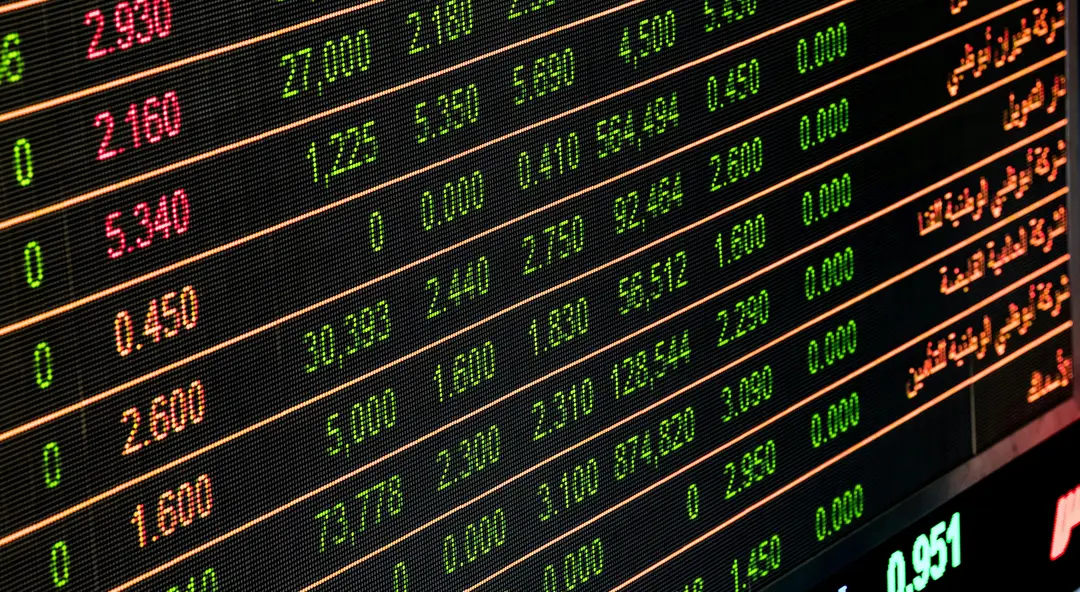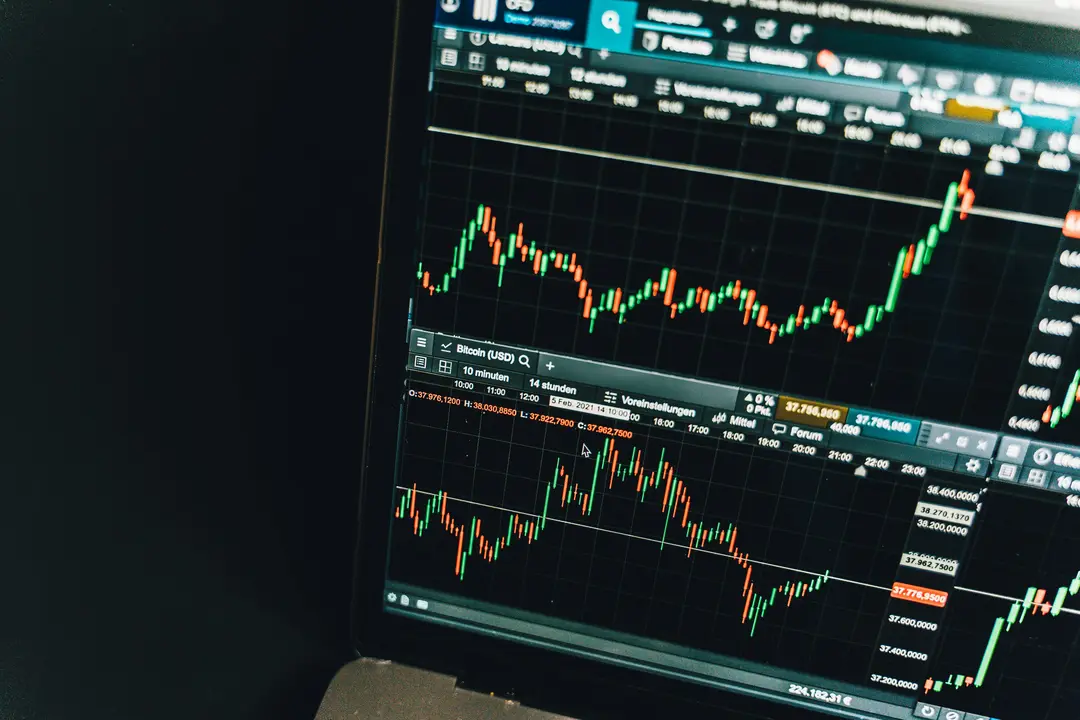When running a business, it’s important to foresee potential complications so you can plan ahead. In particular, aspiring entrepreneurs should research the concept of market failure and understand why it’s a major risk for any company.
Here’s a brief introduction to explain market failure, how it happens and how it can be resolved.
What Is the Free Market?
In the free market, supply and demand determine prices, production, and the distribution of goods and services. This happens with minimal government interference, allowing businesses and consumers to freely engage in transactions for mutual benefit.
This economic theory claims that a free market will self-regulate by only supplying as much of a product or service consumers demand. In theory, the free market will automatically reach the most efficient distribution, one in which all the people involved get the best deal possible.
What Is Market Failure?
In business, most parties will act in their own best interests. This is what economists call ‘rational behaviour’ and causes the market to reach an inefficient equilibrium, also known as a failure.
Market failure is where the market fails to distribute goods and services effectively, disrupting supply and demand. This results in negative consequences for society, the environment and individuals, and often requires intervention to resolve successfully.
Examples of market failures
There are many different types of market failure. The most common are:
1. Ecological market failure occurs when human negatively affect the environment. Examples include pollution, use of non-renewable resources and damage to ecosystems.
2. Externalities are when the activity of a market begins to affect the people outside of it. In this context, examples include noise or air pollution that affects people living near a factory.
3. Inequality occurs when a market fails to distribute benefits equally, widening the income gap between the wealthiest and the poorest.
4. Lack of information happens when some of the people involved in the market, usually the buyers, do not have access to the information necessary to make an informed choice. An example of this is choosing to invest in a company without understanding the risks involved.
5. A monopoly occurs when there is one single supplier of a certain good, allowing the person or company to set the price higher than it would be in a competitive economy.
6. A moral hazard market failure happens when an actor in the market will not suffer the consequences of their own bad choices, leading them to take dangerous risks. For example, if a bank knows that the government will not allow them to go bankrupt, they may make very risky investments.
7. Productive and allocative inefficiency happens when a limited resource is not produced or distributed in the most efficient way. For example, if we used Victorian farming rather than modern methods, that would be productive inefficiency.
8. Public goods are available to everyone. These include parks, roads and national security, and are funded by taxes. Their most common market failure is that if someone stops paying their taxes, they will not stop receiving the benefits of public goods.
9. An unstable market happens when the market never reaches a stable equilibrium. This occurs when the conditions affecting supply and demand are constantly changing.

Solutions to Market Failures
Now you know the most common ways markets can fail, but how can these failures be resolved or avoided in the first place? Market failures can be solved or mitigated through various means.
Government intervention
The government can intervene to solve market failures. It can pass laws, which might impose restrictions on land use and protect certain ecosystems from farming, or it can introduce fines for companies that produce a lot of pollution.
The government can also introduce taxes and subsidies. These are especially effective in reducing negative externalities, as seen in the impact of taxes on carbon dioxide emissions. Subsidies, where the government covers part of a cost, often encourage positive externalities.
Wage and price controls also address market failures by preventing monopolies from inflating prices beyond a certain level.
The government also uses advertising to change people’s behaviours to make the market equilibrium more efficient. For example, advertising can encourage people to use public transport and thus reduce traffic.
Sometimes there’s no way the government can adjust the situation to avoid an inefficient equilibrium. If government measures themselves create an inefficient equilibrium, economists call this outcome a government failure.
Private collective action
This is when the group of people affected by the market failure group together and all agree to act in a certain way to increase their collective benefits.
A cooperative is a group of citizens with similar outlooks and aims who provide each other with a service that would otherwise not be provided. This is the most common example of private collective action. It might take the form of carpooling or a group of adults taking it in turns to look after each other’s children during work hours.
For students looking to study business or economics at university, find out more about our Business & Enterprise course in Oxford and our online Economics & Finance course.

By Oxford Scholastica Academy
The Oxford Scholastica Academy was founded in 2013 by Jamie and Sophie, two former University of Oxford students, who have built a dynamic education company dedicated to empowering young people to chart their path in the world and make it better.






